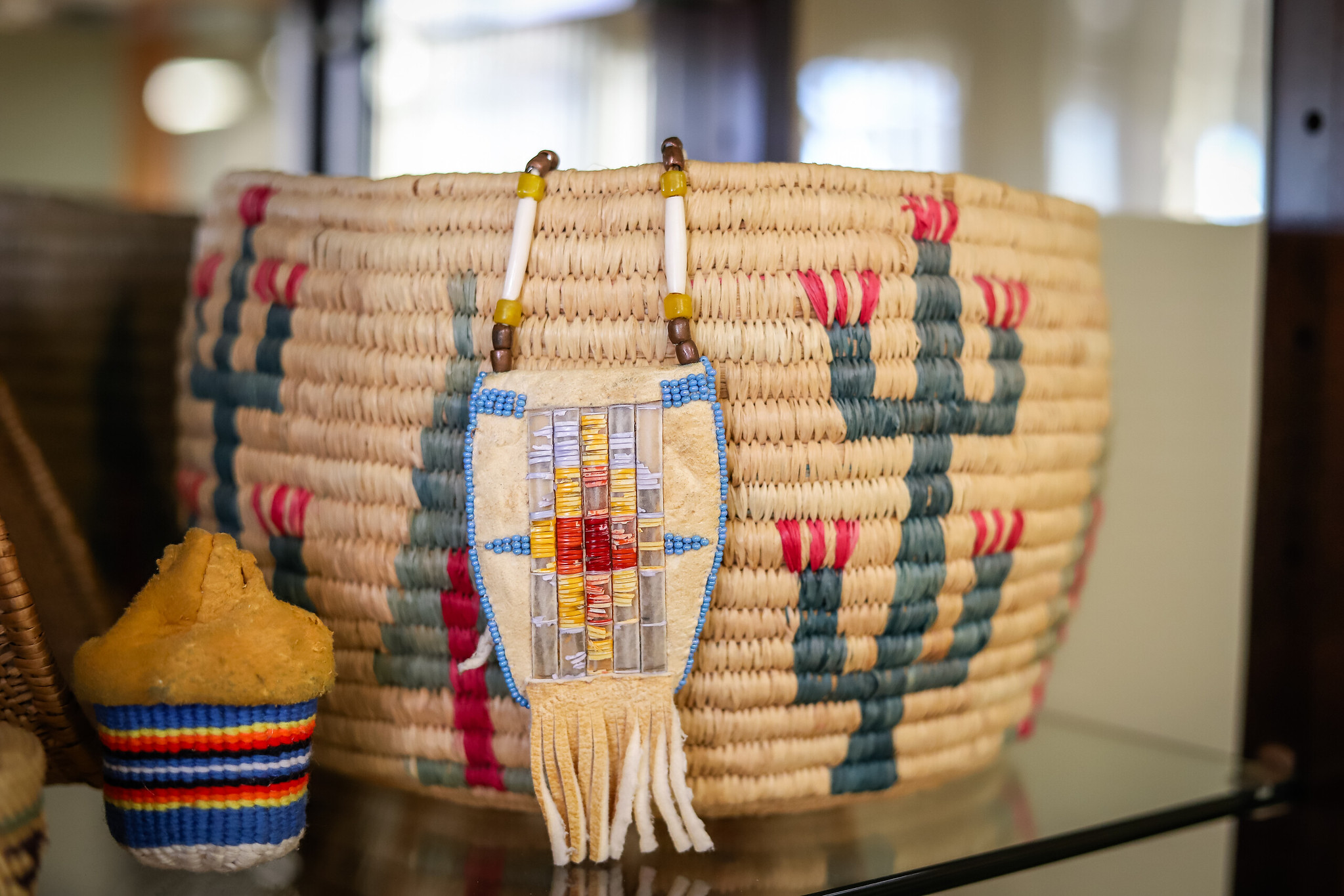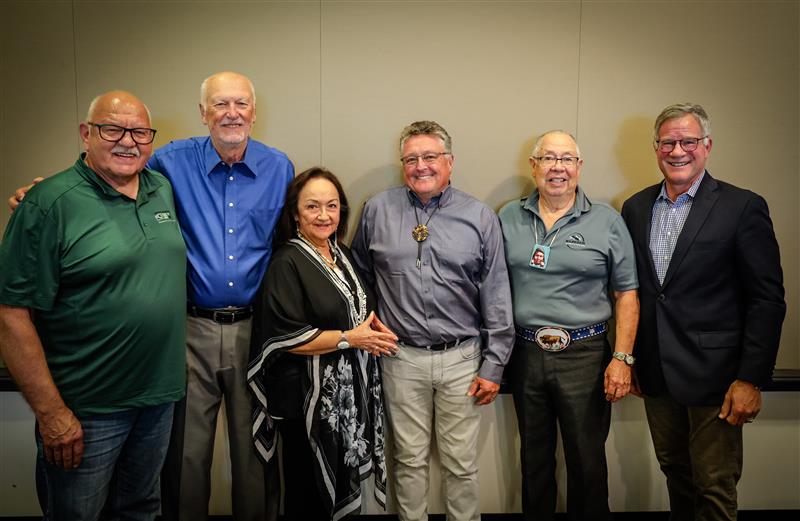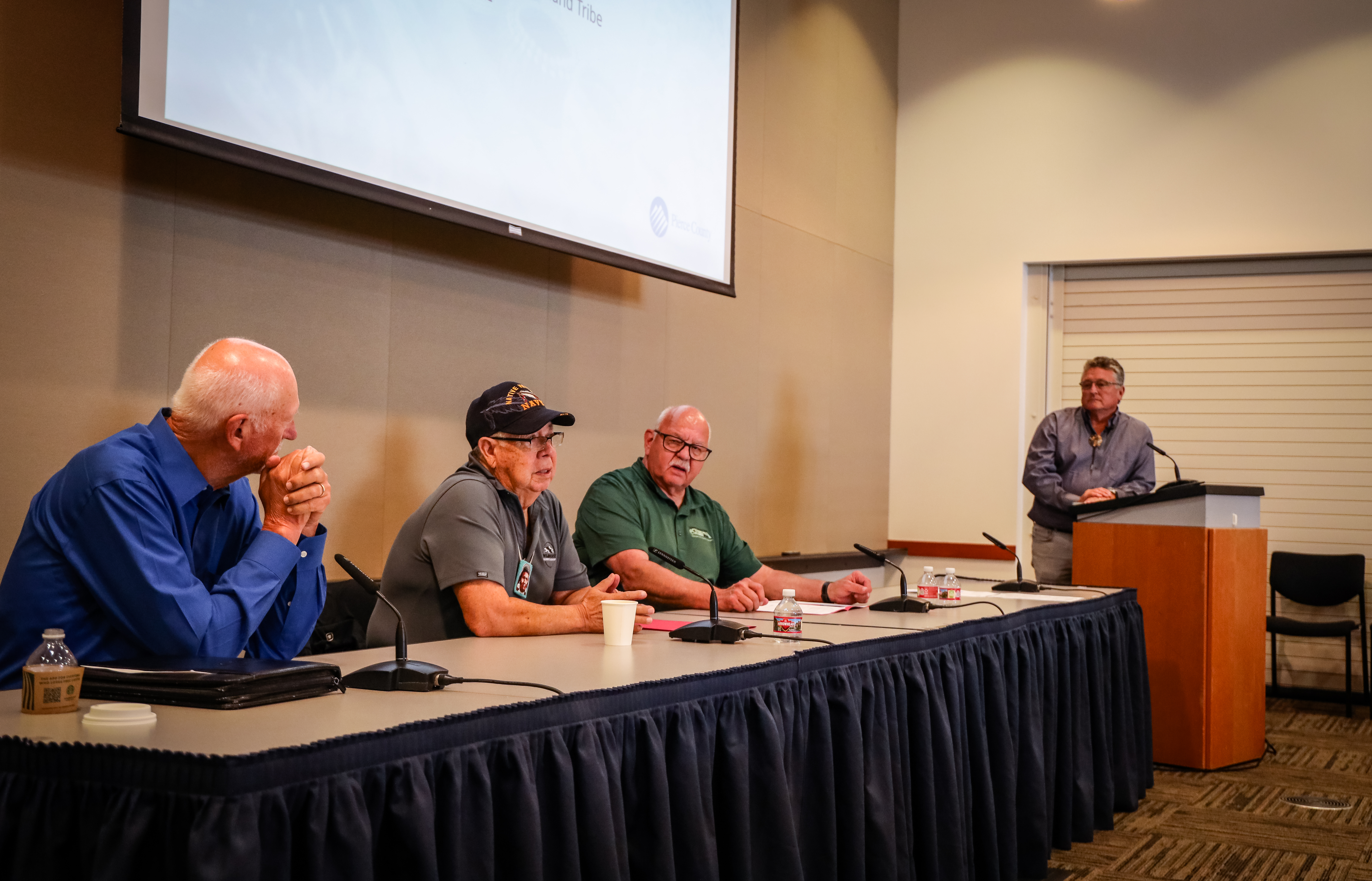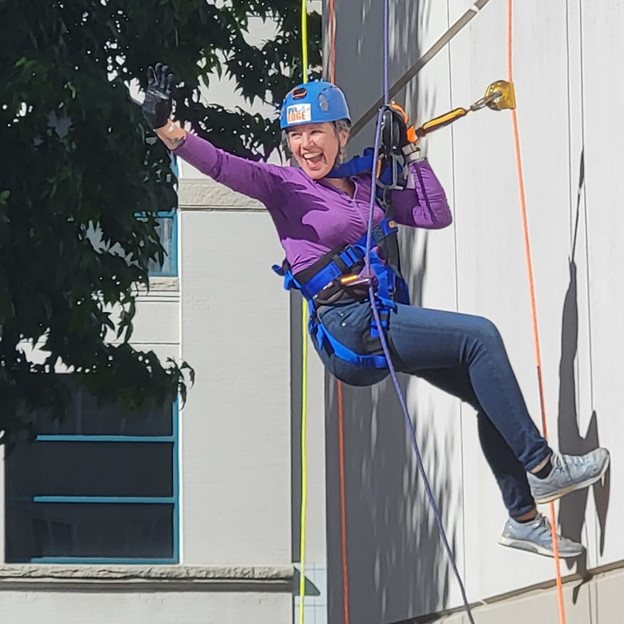
I’ve mentioned before in this blog that I love history. I find it fascinating and instructive to learn from noteworthy people from all facets of our world. Much of the way I enjoy those lessons is through reading. I typically have 2 or 3 books that I’m reading at any given time.
You can imagine my excitement when I recently had the opportunity to learn about history in-person from the actual people who made it!
It was a gift to be able to hear first-hand about the groundbreaking Centennial Accord that formalized the relationship between the 26 federally recognized Indigenous tribes and the state of Washington.
The Accord was entered into on August 4, 1989, and was timed to coincide with the centennial celebration of Washington statehood in June of that year.
The architects of this agreement recently spoke at our Environmental Services Building to a packed room of County leaders. Thanks to the work of Sarah Colleen Sotomish, a member of the Quinault Nation and my Executive Team, four amazing leaders helped us better understand the importance of the Accord over 30 years ago, and its continued importance today.

The panel was moderated by Bob Whitener, Squaxin Island Tribe, and the panelists were Mel Tonasket, Confederated Tribes of the Colville Reservation, Dick Thompson, former Chief of Staff to Gov. Booth Gardner, and Ron Allen, Chairman, Jamestown S’Klallam Tribe. These men, as well as the late Joe DeLaCruz of the Quinault Nation, came together against the odds to create and gain approval for the landmark agreement that recognized each tribe as a sovereign nation.
At times, as I listened to the wise and witty speakers, I wasn’t sure if I was receiving a history lesson or a leadership lesson. I was mesmerized hearing about how they realized the importance of setting aside their own specific needs to adapt and shift toward an agreement that would move to a better future for both Native and non-Native peoples. They saw what was possible – when most others could not. They were willing to risk their personal credibility and reputations to achieve it.

That art of compromise is not easily or willingly practiced by some, but it made all the difference during a time of great tension and disagreement. Prior to this agreement, issues between a tribe and the State of Washington were confrontational and largely decided in the courts. For many, on both sides, these fights were all they knew – or could imagine. DeLaCruz, Allen, and Tonasket would be accused of being traitors by some in the tribal community. Thompson and Governor Gardner were thought of as sellouts by some in government at the state and local levels. However, they knew that a collaborative and more respectful relationship between the state and the tribes would benefit all.
I strongly urge you to set aside some time and watch the meeting linked below. It was powerful, with great humor and a tremendous amount of respect and affection shown among the speakers. Their remarks were quite moving at times and reflected the incredible wisdom that comes from looking back with a hard-earned perspective.
For those interested in learning more, you can read the Accord at https://goia.wa.gov/relations/centennial-accord.
Before I close, I want to offer a couple of well-deserved shout outs:
Heather Moss, director of Human Services, bravely faced her fear of heights and rappelled down the face of the Hotel Murano last week! Why? To raise funds for the local Habitat for Humanity. I know how terrifying it is to step off the roof and begin your descent, and my hat’s off to her for her courage and generous spirit. Bravo, Heather!


Lastly, I have highlighted many awards our colleagues have earned at the local, state and sometimes even national level. This time, our Economic Development team received international recognition! Just this week, director Betty Capestany was in Oklahoma to accept the International Economic Development Council (IEDC) 2022 Excellence in Economic Development Gold Award for Innovation Programs and Initiatives for the Pierce County Business Accelerator (PCBA) program.
The IEDC is the largest nonprofit professional association for professional economic developers worldwide.
The PCBA promotes entrepreneurship and small business growth throughout Pierce County with a focus on BIPOC, veteran, and women-owned businesses. It was designed and executed by and for BIPOC, women and veteran entrepreneurs in Pierce County, in partnership with the Black Collective, the Korean Women’s Association, Mi Centro and Asia Pacific Cultural Center. Congratulations to Betty and her team!
Thanks for reading,

Bruce
